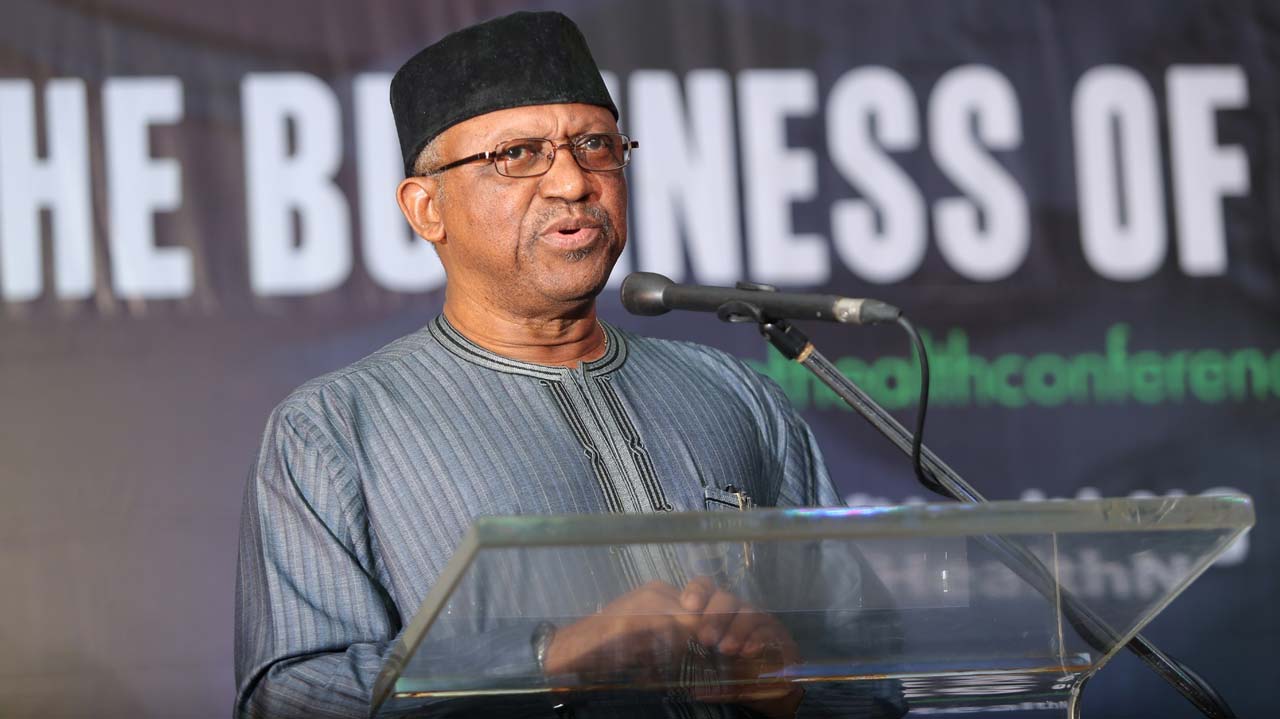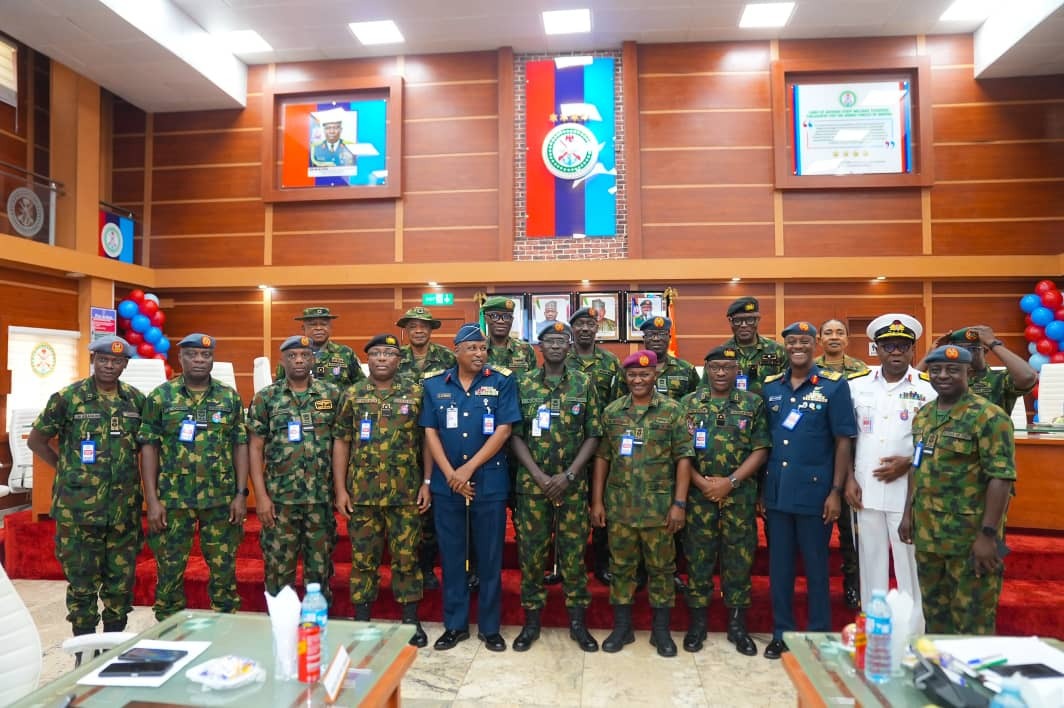
They warned that dependence on importation to meet the drug needs of an expanding population has grave implications on the growth of the local pharmaceutical industry, the accessibility, availability and affordability of essential drugs in the country.
The stakeholders, yesterday, in Lagos, at the sixth Nigeria Pharma Manufacturers Expo 2022 (NPME), organised by PMG-MAN, said donors and United Nations (UN) agencies such as World Health Organisations (WHO) and the United Nations Children Emergency Fund (UNICEF) do not patronise local drug manufacturers because they are not pre-qualified by WHO.
To reverse the trend, they recommended among other things special foreign exchange (forex) regime, a reduced tariff on the importation of Active Pharmaceutical Ingredients (APIs) for local pharma manufacturers and improved patronage for made-in-Nigeria drugs and medical products.
They said tax cuts and breaks are proven strategies to encourage entrepreneurs, an exercise geared at facilitating growth in certain sectors of the economy.
The theme of NPME 2022 is, ‘Advancing the Frontiers of Medicine Security in Nigeria: Expanding Local Pharma Manufacturing in the Era of AfCFTA’.
Ehanire, who was represented by the Director of Food and Drug Services, Federal Ministry of Health (FMoH), Olubunmi Aribeana, said Nigeria needed to take advantage of African Continental Free Trade Area (AfCFTA).
The minister reiterated that the treaty would create the largest free trade area in the world, going by the number of participating countries.
He said the pact connects 1.3 billion people across 55 nations, with a combined Gross Domestic Product (GDP) valued at $3.4 trillion.
Ehanire said: “Nigeria with over 220 million people needs to benefit more from AfCFTA. That is why Nigerian local manufacturing companies need to attain WHO prequalification. This will allow our local pharmaceutical manufacturers to be patronised internationally. At FMoH, we receive donor funds for our projects but we cannot procure the drugs and medical supplies from Nigerian manufacturers, because the WHO prequalifies none of them.”
Usifoh noted: “Government needs to help local manufacturers that are passing through a lot of challenges. We need government policy to enable the industry to compete and produce high-quality drugs.”
Ayebae said the pandemic was a wakeup call to the global community to look inwards and prioritise their local pharma manufacturing sector.
NAFDAC DG submitted: “Vaccine manufacturing is going to happen. We already have companies that can manufacture vaccines. We are already working hard at it. Some of our staff are on their way to South Korea for special training on bio-vaccine manufacturing.
“Without maturity level 3, no country can manufacture vaccines. It took us 10 years to attain maturity level 3 and we are going to maturity level 4. It makes our manufacturers to be globally recognised.”






